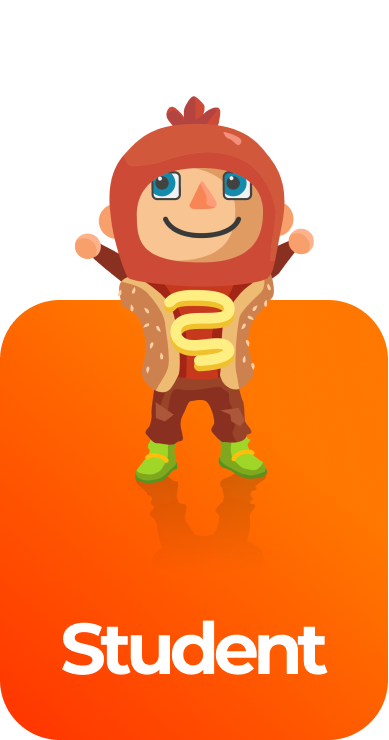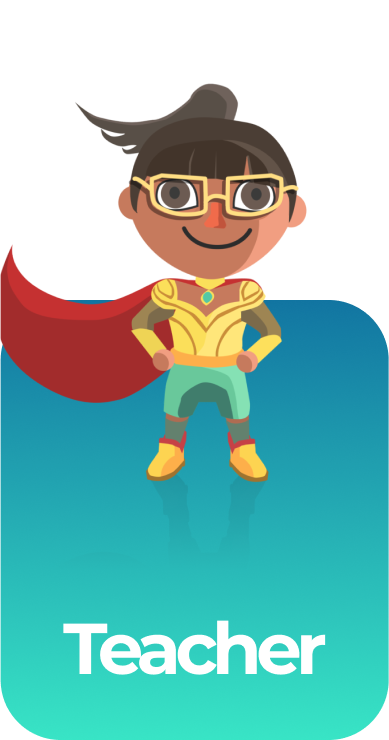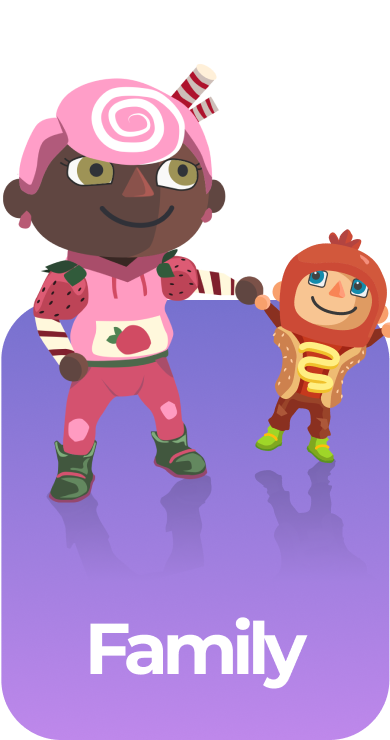While traditional methods like written assignments and textbooks remain cornerstones of education, many schools are embracing the rising tide of game-based learning, recognizing their power to boost engagement and academic success.
Many parents and teachers are already aware of how video games can spark children’s interest in a wide variety of topics. This is something administrators can take advantage of by implementing game-based learning in their schools. Picture a student meticulously constructing elaborate structures in Minecraft, their pixelated world sparking an interest in architecture and engineering principles. The urge to understand the science behind their virtual creations leads them to delve into real-world building blocks and physics concepts.
Top 6 Ways Game-Based Learning Can Help Improve Schools
Game-based learning has been revolutionizing education, and even corporate training is getting on board with this useful approach. At the grade school level, there are several ways that educational games help students and teachers meet their goals without losing interest, including those engaging in remote learning. Let’s explore six ways that game-based learning can help improve schools.
Provide In-Depth Learning, Promoting Critical Thinking Skills

Forget endless worksheets. Educational games reward students for swift yet strategic decisions, honing their critical thinking and problem-solving muscles. Games can also build up fluency through repetition.
Schools can find educational games that support existing lesson plans and are aligned with standards such as Common Core, GSE, TEKS, NGSS, and SOL.
The best game-based learning platforms will offer games that have been tested by teachers and students to ensure their effectiveness.
Lessons Are Reinforced Through Quiz-Like Games
Quiz games don’t just make learning fun, they supercharge it. By pinpointing weak spots and repeating tricky concepts in playful ways, they build confidence and crush test anxiety.
The result? Smiling students and soaring scores! This can result in better test scores when the time comes for students to take longer and more rigorous exams.
Increased Engagement & Interest, Especially For Students Who Have Difficulty Focusing
Keeping students’ interest is a challenge for even the best of teachers.
Ever wished you could see those sparks of curiosity ignite across every student’s face? Look no further than playful learning! Games aren’t just recess in disguise; they’re powerful tools that open doors to deeper understanding and make the prospect of learning downright thrilling.
Here’s the magic behind it:
- Engagement Explosion: Games turn passive absorption into active participation. Students become explorers, strategists, and collaborators, tackling challenges and conquering concepts in exciting scenarios. Suddenly, history isn’t just dates on a timeline; it’s a treasure hunt through the past!
- Understanding Takes Root: By applying knowledge in engaging contexts, games solidify understanding and build confidence. Math isn’t just equations; it’s building rocket ships and navigating galaxies. The connections become clear, making learning truly meaningful.
- Focus Becomes Fun: Research shows that educational games can improve attention and focus, even for children who struggle. The interactive nature keeps minds engaged, transforming “paying attention” from a chore to a natural part of the learning adventure.
In a study from the College of Education and Human Development at Vanderbilt University, teachers reported a dramatic increase in engagement among their students who learned using games. Research has shown that using game-based learning can help children who struggle to focus and pay attention.
Students Are More Willing To Participate In Discussions & Collaborative Activities
Educational games go beyond academics, fostering valuable social skills like teamwork and conflict resolution. Whether collaborating to conquer a virtual dungeon or navigating tricky in-game dynamics, students learn communication, compromise, and support each other toward a shared goal.
Teachers even witness shy blossoms bloom, guiding classmates and tackling challenges, as the playful environment encourages participation and builds connections. It’s learning at its finest, powered by the magic of shared adventures.
Game-Based Learning Increases Student Confidence & Knowledge Of Material

Educational games don’t just teach; they tailor! Feedback loops adjust difficulty and questions to each student’s pace, while motivational features fuel perseverance and growth.
No more frustration, just “try again!” moments that solidify understanding.
Games build confidence through leveled challenges, proving that even small steps lead to big wins. It’s personalized learning wrapped in a fun, engaging package!
Teachers’ Enthusiasm Is Increased Due To Student Engagement & Performance
The aforementioned Vanderbilt study revealed magic! 92% of teachers embracing game-based learning wanted to keep exploring, captivated by the surge in student engagement and academic leaps.
Why? Games level the playing field!
They adjust automatically, offering struggling students extra time on tricky concepts while letting others zip ahead. Differentiation made fun – teachers can cater to individual needs without holding anyone back. It’s a classroom transformation fueled by the power of play!
Reach Out To Legends of Learning Today
Games are a big part of students’ lives these days. They play them on their computers, tablets, and cell phones, but they rarely play them in the classroom. This means that many schools are missing out on a powerful opportunity to get students excited about learning and help them retain more information.
If you are an administrator looking for ways to improve your school and your student’s grades, reach out to Legends of Learning today to find out how their thousands of curriculum-aligned science and math games are helping make class time more effective and improving test scores for students across the country.



